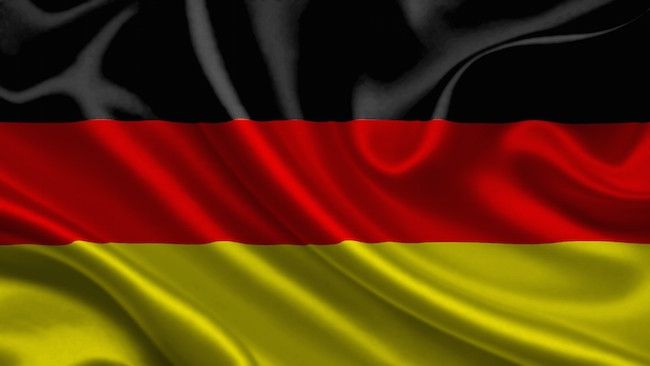
Unfortunately the income and wealth gap has widened significantly since 1991 even though the Berlin estate is surprising with its growth and confidence.
But that does not faze German Chancellor Angela Merkel, who is running for a fourth term as the leader of Europe's strongest economy.
In fact, the strength of its exports has been consecrated with record confidence on the part of the businesses, a low public debt and the more robust labor market of the countries that use the euro.
Germany's economy is the fourth most powerful economy in the world after the United States, China and Japan and the fifth by GDP (PPA).
The country is considered the economic engine of the European Union (EU). In 2014, Germany recorded the largest trade surplus in the world with 285 billion dollars, making it the largest exporter of capital worldwide. Germany is the third largest exporter in the world with 1.511 billion dollars exported in 2014.
Exports account for 41% of domestic production. The services sector contributes about 70% of total GDP, industry 29.1%, and agriculture 0.9%.
The main goods exported from Germany are vehicles, machinery, chemicals, electronic products, pharmaceuticals, transport equipment, basic metals, food products, rubber and plastics.
Germany's socio-economic policy is based on the concept of social market economy. Germany is the first major industrialized country in the world committed to the renewable energy transition called Energiewende.
Germany is the leading producer of wind turbines and solar energy technology in the world. More than 1.5 million renewable energy generation plants have been installed in Germany for the last 25 years.
Renewable energy currently produces more than 27% of the total electricity consumed in Germany.
99 percent of all German companies belong to the so-called Mittelstand, small and medium-sized family-owned enterprises. Of the 500 largest publicly traded companies in the world, 50 are based in Germany.
By market capitalization, 20 companies based in Germany are in the Fortune Global 500 as Volkswagen, Allianz, Daimler, BMW, Siemens, BASF, Munich Re, E.ON, Bayer, and RWE.
But the Teutons do not pass under the table growing inequality and a potential shortage of labor.
In fact, its vital industry, the automaker, has been convulsed by an emissions scandal, called to prevent diesel in major cities and claims that it has been operating a cartel.
Sincerly,
I sometimes worry about bitcoin at night. There is some comfort in thinking that every night, we are getting closer to the moon.
Downvoting a post can decrease pending rewards and make it less visible. Common reasons:
Submit